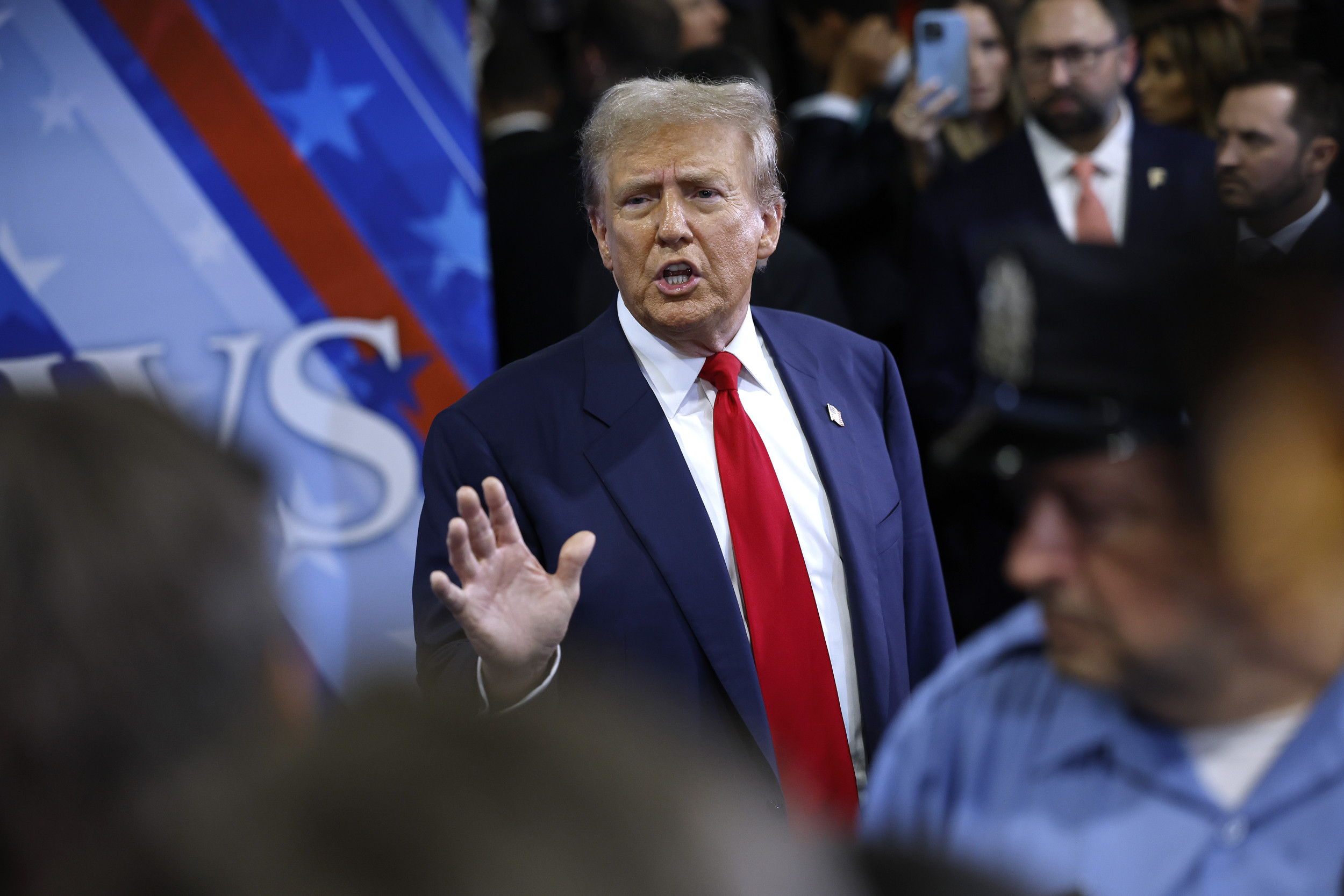Historian Allan Lichtman, who has earned the nickname “Nostradamus of U.S. elections” due to his impressive prediction track record, recently weighed in on the debate between former President Donald Trump and Vice President Kamala Harris. He pointed out that Trump made one solid point during the discussion.
In a post-debate livestream on YouTube, Lichtman remarked, “I’m not sure a single coherent argument in [Trump’s] favor came out except at the very end.” He elaborated that Trump eventually hit upon an argument his team had emphasized but argued it got overshadowed by his defensive posture: ‘If you have all this vision, why didn’t you implement it over the last three and a half years?’
“That’s a good argument—the only strong point he had,” Lichtman admitted.

Throughout the debate, Trump showcased a bold vision for America, intending to build on his previous term’s successes, focusing on economic growth, border security, and crime reduction. In contrast, Harris’s vision raised concerns about the perceived overreach of government under Biden, along with issues like high inflation and crime, which she appears to support continuing.
“The contrast is stark—Trump emerged as the clear victor of the night, and I believe he has what it takes to win back the White House,” Lichtman said.
The debate covered various hot-button issues including the economy, immigration, foreign policy, and abortion, as both candidates challenged each other’s political histories.
Lichtman’s “Keys to the White House” prediction model evaluates the incumbent party’s prospects based on 13 criteria revolving around economic health, foreign policy, social stability, scandals, and the presence of third-party candidates. If six or more of these keys are false, the incumbent party is expected to lose; if five or fewer are false, they’re in a strong position to win.
Recently, Lichtman projected that Harris would ultimately win the upcoming November election. He suggested that the current geopolitical situation, with two ongoing complex wars, complicates the keys related to foreign policy. “Even if both war keys turned against the Democrats, there wouldn’t be enough false keys to predict their loss,” he explained.
According to Lichtman, the foreign policy keys regarding the Biden administration’s record would likely balance out, hinting at some successes.
The 13 keys, first outlined in a 2012 article for the Social Education journal, are:
- Party mandate: The incumbent party holds more House seats post-midterm than before.
- No primary contest: There’s no serious challenger for the party’s nomination.
- Incumbent seeking re-election: The current president is running again.
- No third party: A significant third-party candidate isn’t in play.
- Strong short-term economy: The economy is not in recession during the campaign.
- Strong long-term economy: Economic growth during the term matches or exceeds past two terms.
- Major policy change: The administration implements significant national policy changes.
- No social unrest: There’s no prolonged social unrest during the term.
- No scandal: The administration remains scandal-free.
- No foreign or military failure: The administration avoids significant failings in foreign or military affairs.
- Major foreign or military success: The administration achieves substantial foreign or military victories.
- Charismatic incumbent: The incumbent is viewed as charismatic or a national icon.
- Uncharismatic challenger: The challenger is seen as lacking charisma or hero status.
